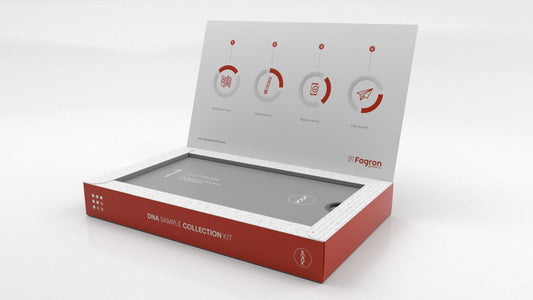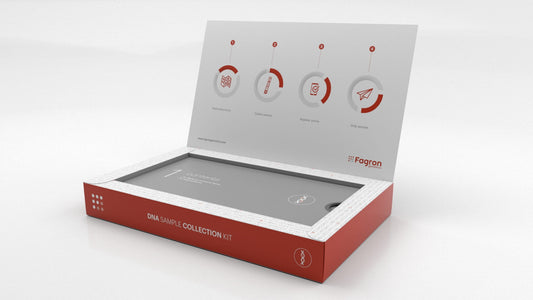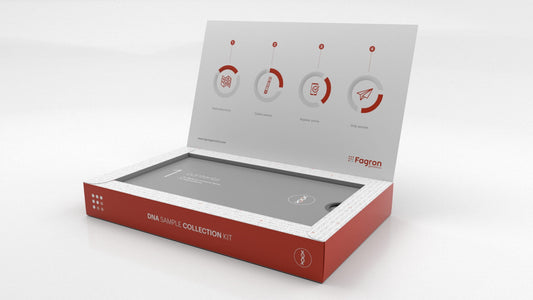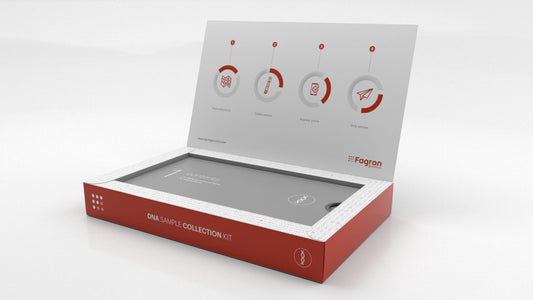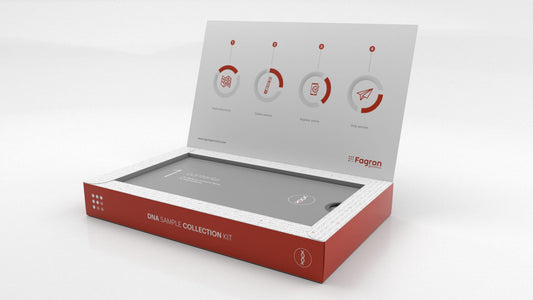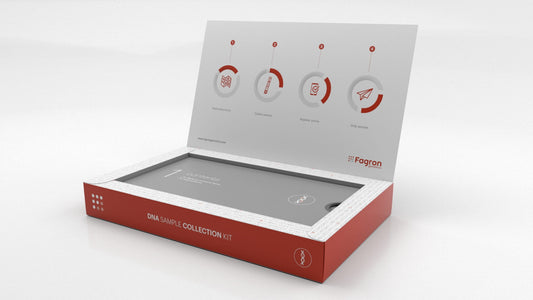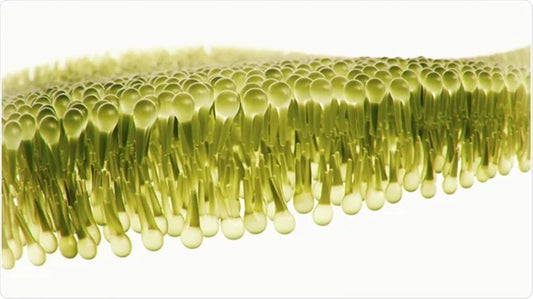Introduction: Demystifying Lipids
You’ve heard the term "lipids" bandied around in health circles, but what does it really mean? This guide delves deep into the nitty-gritty of lipids, from their biological functions to their roles in our diet and health. Prepare to become a lipid expert by the time you finish this article.
What Are the Lipids?
Understanding what lipids are is a pivotal first step in this lipid-laced journey. Let's dive in.
Structure and Properties
Lipids are a broad class of naturally occurring molecules that include fats, waxes, and certain vitamins, among others. They are hydrophobic, which means they don't mix well with water. The molecular structure of lipids includes a glycerol backbone and fatty acid chains.
Categories of Lipids
Not all lipids are created equal. There are several categories, such as triglycerides, phospholipids, and sterols (like cholesterol), each serving unique functions in the body.
Functions of Lipids
Think of lipids as the unsung heroes of your body. They provide energy, insulate your organs, and are key players in cell membrane formation. Furthermore, they play a role in hormone production and signal transmission within the body.
The Good, The Bad, and The Ugly: Types of Lipids
Knowing what kinds of lipids are out there can help you make better health decisions.
Saturated Fats
Saturated fats are lipids that have all their carbon atoms saturated with hydrogen. Commonly found in animal products, these fats are often solid at room temperature. While they're necessary for some bodily functions, too much saturated fat can lead to heart problems.
Unsaturated Fats
Unsaturated fats have one or more double bonds in their fatty acid chains. These are the good guys of the lipid world and are found in foods like olive oil and fish. They’re generally liquid at room temperature and have been found to benefit cardiovascular health.
Trans Fats
Dubbed the villains of the lipid world, trans fats are artificially created fats used in processed foods for longer shelf life. These are the fats you want to avoid at all costs as they can lead to numerous health issues, including heart disease.
Roles of Lipids in Biological Systems
Lipids are far more than just "fat." They have several roles that are crucial for our survival.
Energy Storage
Lipids serve as an efficient way to store energy for long periods. They deliver more than twice the energy per gram compared to proteins and carbohydrates.
Hormone Production
Steroid hormones like estrogen and testosterone are actually lipids. These hormones are crucial for regulating a multitude of physiological processes including metabolism, immune response, and even mood.
Cell Membrane Integrity
Every cell in your body has a membrane made of lipids. These membranes act as barriers that separate the inside of the cell from the external environment. The lipid bilayer provides flexibility and protects the cell.
How are Lipids Digested?
Digestion of lipids starts in the stomach but mainly occurs in the small intestine. Enzymes such as lipase break down lipids into fatty acids and glycerol, which can then be absorbed into the bloodstream.
Lipids in Food: What to Eat and What to Avoid
Let’s break down which foods are rich in beneficial lipids and which ones you should steer clear of.
Foods High in Healthy Lipids
Avocados, nuts, and fatty fish like salmon are rich in healthy fats. These lipids can help improve your cholesterol levels and provide other health benefits.
Foods to Avoid
It’s best to avoid or limit foods high in saturated fats and trans fats, like fried foods and certain meat products. These can lead to increased levels of bad cholesterol and other health risks.
Lipids and Health Conditions
The types of lipids you consume can have a significant impact on your health.
Cardiovascular Health
Good lipids, such as omega-3 fatty acids, can help lower the risk of heart diseases. On the flip side, bad lipids like trans fats increase this risk.
Weight Management
Contrary to popular belief, not all fats make you fat. Healthy lipids can actually aid in weight loss by making you feel full and satisfied, reducing the need for frequent eating.
Diabetes and Lipids
Lipid management is crucial for diabetics as they are at a higher risk of cardiovascular diseases. A balanced intake of healthy fats can help in regulating blood sugar levels.
Measurement of Lipids: Blood Tests and Ratios
How can you know your lipid levels? The answer lies in medical tests and ratios.
The Lipid Panel Test
A lipid panel test measures your cholesterol levels, including HDL (good cholesterol), LDL (bad cholesterol), and triglycerides. This test is a window into your cardiovascular health.
Cholesterol Ratios
These ratios, derived from your lipid panel, give a more nuanced picture of your cardiovascular risk than just individual lipid levels.
Lipid-Modifying Therapies
For those with problematic lipid levels, there are medications designed to help.
Statins
Statins are the most common type of medication used to lower bad cholesterol levels. However, they can have side effects like muscle pain and liver issues.
Non-Statins
Non-statins like fibrates and niacin can also lower lipid levels but are generally less effective than statins.
Natural Ways to Manage Lipid Levels
Medications aren’t the only way to manage your lipids.
Exercise and Lipids
Regular exercise can help raise good cholesterol levels while lowering bad ones, not to mention the numerous other health benefits of staying active.
Diet and Lipids
As we’ve touched on, your diet plays a huge role in lipid management. Foods rich in unsaturated fats can help improve your lipid profile.
Common Myths About Lipids Debunked
No, eating fat doesn’t necessarily make you fat, and not all cholesterol is bad. Let's debunk some more common myths about lipids.
Future of Lipid Research
Emerging research suggests that lipids could have far-reaching implications for treating conditions ranging from cancer to Alzheimer's. The lipid world is ever-evolving, offering fresh perspectives for scientific research.
FAQs
-
What are the lipids and why are they important?
- Lipids are a class of organic compounds that are important for various bodily functions including energy storage, hormone production, and cell membrane formation.
-
How can I improve my lipid profile?
- Eating a balanced diet rich in unsaturated fats and engaging in regular exercise can help improve your lipid profile.
-
What foods should I avoid for better lipid health?
- Foods high in saturated and trans fats should be avoided as they can negatively affect your lipid levels.
-
Are lipids bad for you?
- Not all lipids are bad. In fact, some are essential for good health. The key is to consume the right types in the right amounts.
-
How often should I check my lipid levels?
- Adults should get a lipid panel test every four to six years, or more often if you have risk factors for cardiovascular disease.
-
What are some medications for managing lipid levels?
- Statins are commonly used for managing high levels of bad cholesterol, but other options like fibrates and niacin are also available.
Conclusion: The Last Word on Lipids
Understanding lipids goes far beyond knowing they are just "fats." From their role in our biology to their impact on our health, lipids are complex and indispensable. So the next time someone asks you, "What are the lipids?", you'll have a well-oiled answer at your fingertips.





















































































































